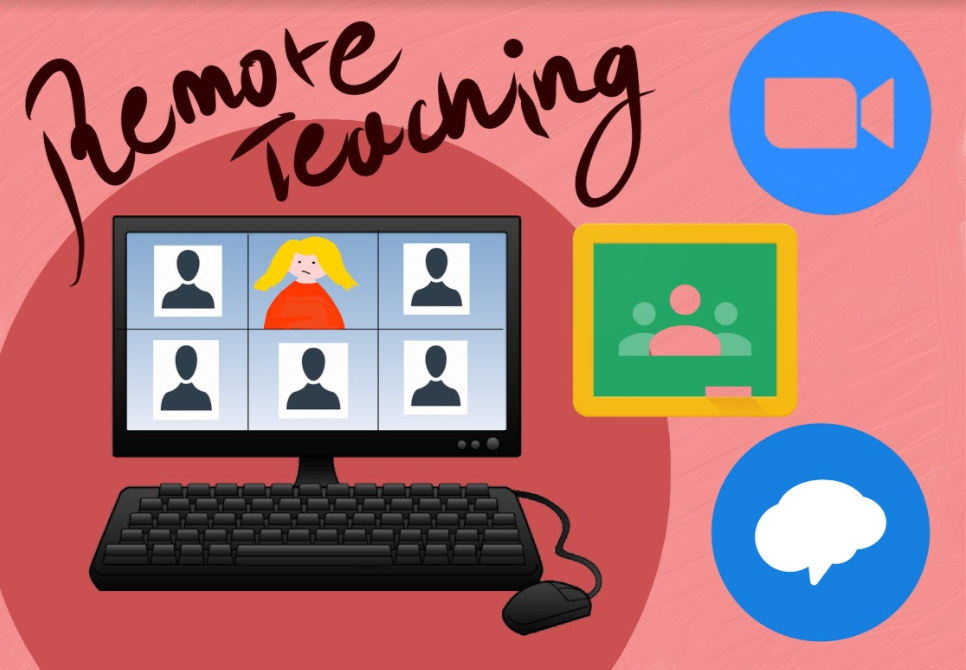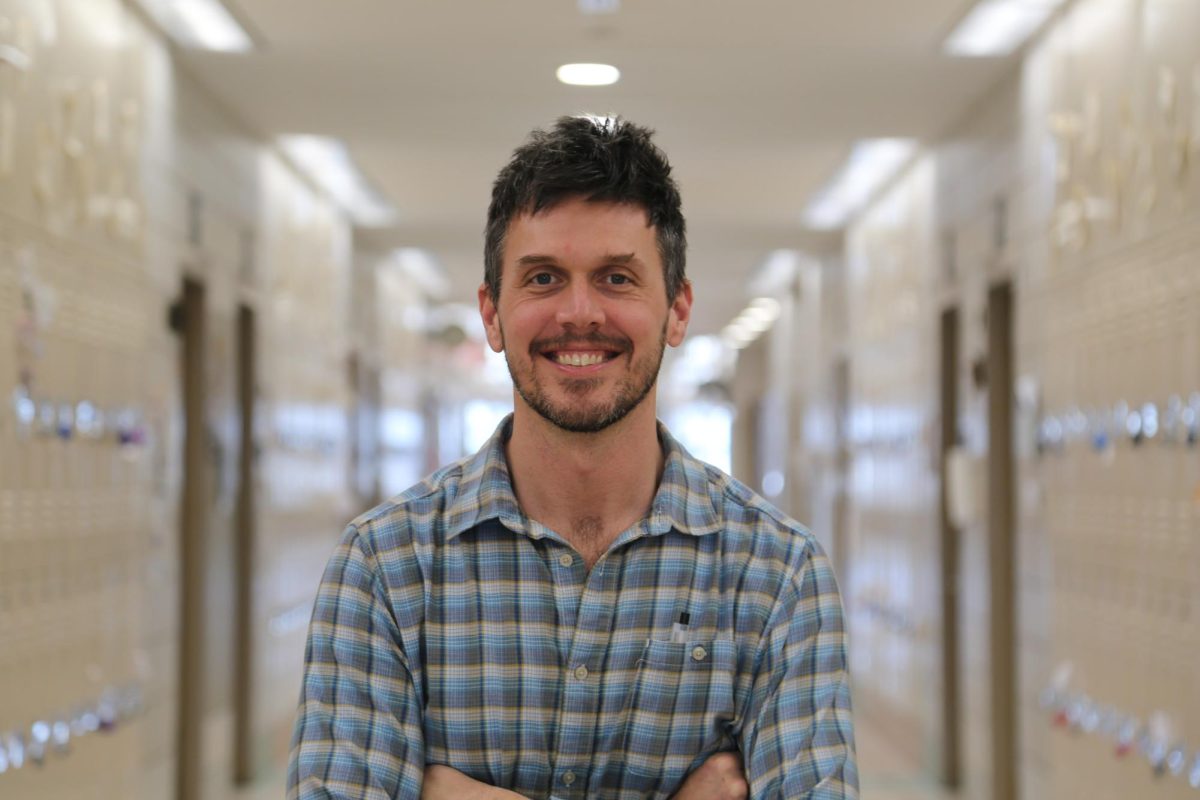
Amidst the unprecedented switch to all-virtual learning, many have sparked conversations about the mental health and well-being of students during the past school year. But what do Townsend’s teachers have to say?
“It’s just weird…I’m tired of looking at my computer all day,” AP Statistics and Pre-Calculus teacher Stephen Mazza said.
Having operated their classrooms virtually for a year now, many staff members continue to encounter challenges with the lack of face-to-face interaction. English teacher Kevin McDonaugh said that the most enjoyable parts of in-person learning, “the silly and spontaneous things that happen when people are together,” are now “mostly absent.” Similarly, school librarian Arlene Laverde said that over time the disconnect between students and staff has made her feel “a bit invisible.”
“I love being the librarian at THHS,” said Ms. Laverde. “But a lot of my job happens during free and lunch periods when students come into the library…I want to let everyone know I am still around to help them.”
Several teachers have also felt that they have lost the “human connection” of teaching. Art teacher Margherita Wischerth believes that although many students may prefer being off-screen, “the aspect of social interaction becomes lost when cameras are turned off.” Guidance counselor Sara Skoda described how the challenge of connecting with both her personal support systems and students took a toll on her emotional health. “I have had to pay attention to my own feelings, and make sure I am OK while making sure everyone else is OK as well,” Ms. Skoda said.
For Ms. Laverde, the school year has been “exhausting,” since the line between working from home and living at work has been drastically blurred. “At least when we were in school you could say when I walk out of the building, I am going to turn off for the day. Now when I pass the computer I have a compulsive need to check it,” she said. AP United States Government teacher Siobhan Brand agreed and described the challenge in separating her home life from her work life, especially as a pregnant mother living in a small Queens apartment.
These ongoing hardships have led many teachers to invest in new self-care habits, each emphasizing the importance of looking after one’s needs. “So many of us believe we should be managing and coping as we did before the pandemic, but we are dealing with a very traumatic experience, and we need to be kind to ourselves as we manage it,” Ms. Skoda said. Mr. McDonaugh also said that he has become increasingly aware of the damaging effects that the American concept of being “productive” has on our well-being. Rather than being worried about “producing,” he urged Harrisites to focus on simply “being” and take a break every once in a while.
Other teachers, such as Dr. Mazza and Mrs. Wischerth, have found a new appreciation for outdoor walks, alongside reading and binge-watching shows. Mr. McDonaugh said he partakes in “treasure hunts,” in which he keeps an eye out for small, meaningful sights such as funny looking clouds or friendly tuba players sitting in the park, as a means of injecting “a sense of wonder and awe into each day.”
Needless to say, this past academic year has been like no other. As teachers and students alike try their best to adjust to change, prioritizing mental health is key.
“It is important to remember that never before in human history have we been through this— conducting school online. This requires the flexibility of everyone, and willingness to change— while also being very considerate of the hardships others might be experiencing that we might not be,” Mr. McDonaugh said.
Art by Sabrina Khaleque, Art Editor



























